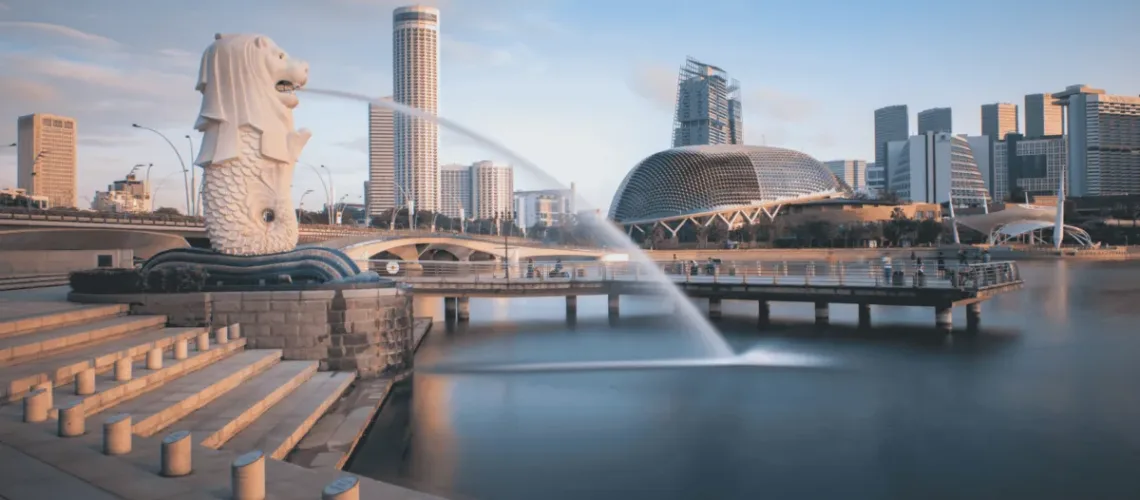Over the past seven years, Singapore has cemented its reputation as the “Switzerland of Asia,” combining discretion, stability, and clear rules to become one of the world’s fastest-growing destinations for family offices. Since 2018, their number has jumped from about 400 to more than 2,000.
This surge has been a key driver of the city-state’s financial expansion. Assets under management surpassed S$6 trillion (A$7.3 trillion) in 2024, up 12.2 per cent year-on-year, with 77 per cent of those funds coming from overseas—most of it from across the Asia-Pacific.
According to the Monetary Authority of Singapore (MAS), global investors and wealthy families are drawn by the rule of law, political predictability, a strong talent base, and a well-regulated financial system. A MAS spokesperson underlined that Singapore combines “sound regulation and a pro-enterprise approach” that builds trust in its institutions. Recent enforcement actions, including S$27.45 million in penalties against nine banks over a S$3 billion money-laundering case in 2023, underscored the government’s insistence on robust AML/CFT practices: the system is designed to reject illegitimate money while remaining open to genuine capital.
Former Minister for Transport and Second Minister for Finance, Chee Hong Tat, has also highlighted the importance of balance: ensuring rules remain strong while Singapore stays welcoming. Faster approval times for tax incentives—now three months instead of twelve—and flexible investment structures like the Variable Capital Company (VCC) are practical examples of this policy in action.
To support the ecosystem further, MAS and the Economic Development Board launched the Family Office Development Team (FODT) in 2019. Two years later, the Global-Asia Family Office Circle (GFOC) was introduced through the Wealth Management Institute. Today, the GFOC counts about 1,200 members and runs programmes such as the Family Office Discovery Series, which helps new entrants connect, learn, and integrate into Singapore’s financial community.
Philanthropy has also become central to Singapore’s appeal. The Gates Foundation recently established an office there, while figures such as Ray Dalio, Low Tuck Kwong, and Eduardo Saverin have launched philanthropic foundations in the city in recent years. With more than 2,000 charities registered, the Republic attracted S$3.55 billion in donations during the 2023 financial year, reinforcing its role as a philanthropic hub alongside its financial one.
Globally, an estimated 15,000 family offices oversee nearly US$6 trillion (A$9.3 trillion). Beyond capital, they bring long-term thinking, governance standards that mirror institutions, and extensive networks. Many are increasingly directing funds into private equity, venture capital, ESG, and impact-led projects—areas where Singapore is seeking to lead.
For Australia, Singapore’s ascent is both a challenge and an opening. With its established superannuation system, funds management expertise, and appeal as an investment destination, Australia could position itself as more than just a place for capital inflows. By focusing on wealth stewardship and offering strong opportunities in alternatives, real assets, and impact ventures, it has the chance to partner with global family offices at a time when centres from Singapore to Dubai and Hong Kong are competing for dominance.




